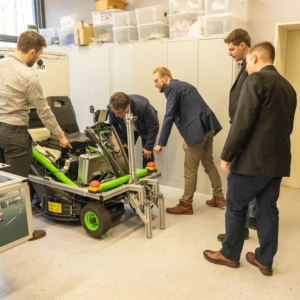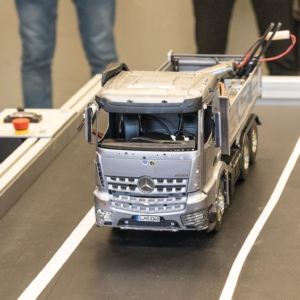Measurement campaign in the Piaci KFI project of Bosch and BME
During the realization of the Piaci KFI project by Bosch and the Budapest University of Technology and Economics (BME), a measurement campaign was organised at ZalaZONE Automotive Proving Ground.
The purpose of the measurements was to examine how the object detection performance of the camera was affected by the different mount positions behind the windscreen, especially the effect of windscreen distortions. During this measurement campaign, an enormous amount of data was captured. For that, a reference data measurement system, – which was developed and deployed during the Piaci KFI project – was used during the campaign. In the first step, test measurements were conducted for the verification of the reference measurement system. These tests involved the recording of additional data from the high-precision GNSS systems, deployed into the test vehicles of Bosch and BME. After the verification measurements, different standardised NCAP scenarios were realised and measured. The evaluation of the captured data is still in progress, with the help of a new evaluation software which was also implemented during the project.



